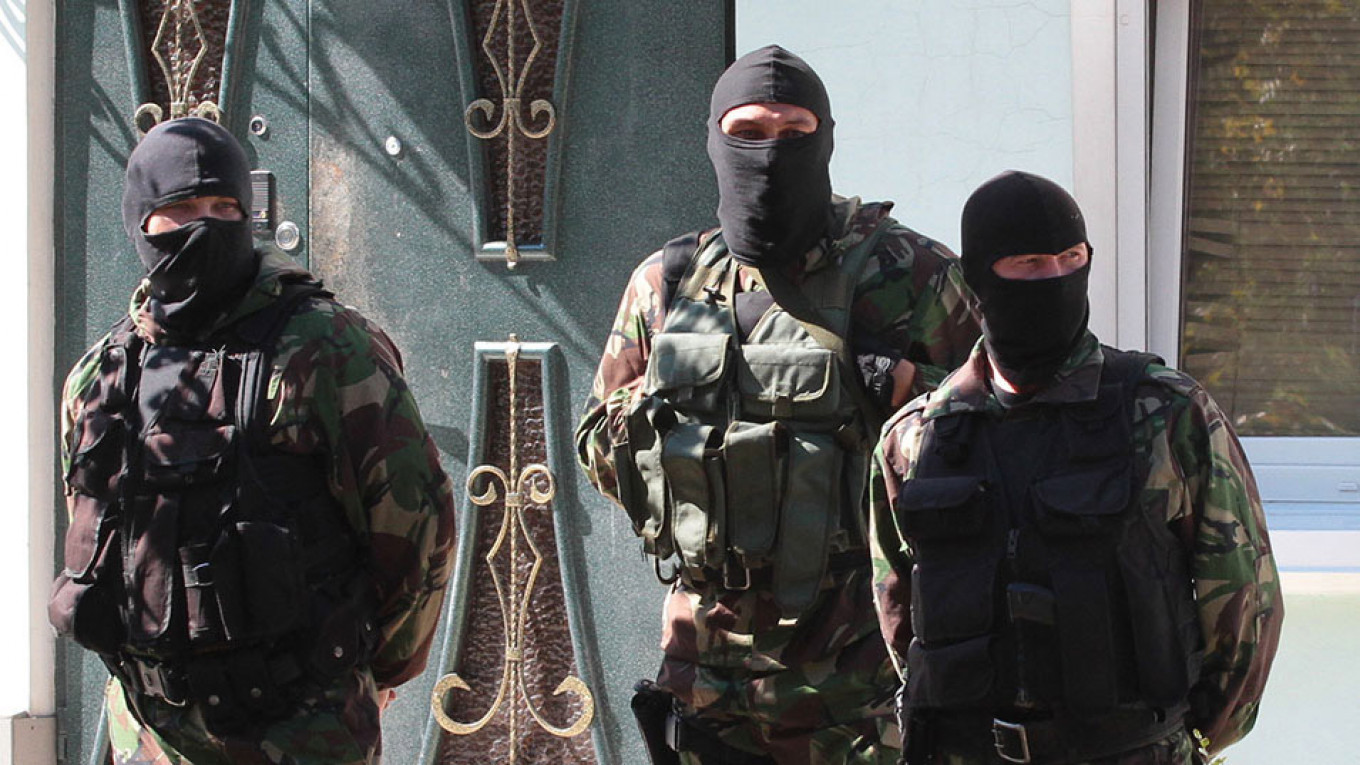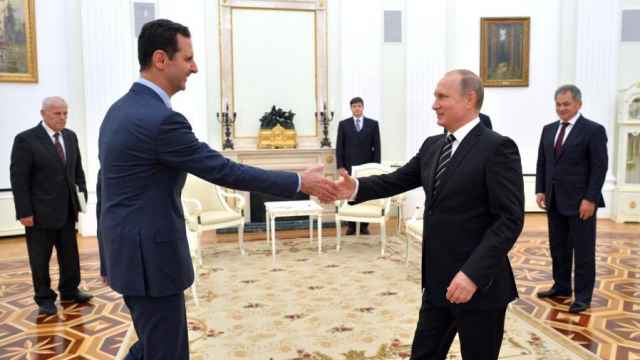Russian network operators could be forced to block internet traffic from countries they believe hoax bomb threats come from, the RBC news website reported Friday.
A wave of hoax threats swept Russia in 2017, and during the football World Cup last year, causing disruptions for businesses and public buildings. The Russian Federal Security Service (FSB) said it had identified Russian citizens who were living abroad and using internet phone services to call in the threats anonymously.
Russia’s FSB will gain the authority to suspend online traffic for 180 days from specific countries deemed to be the originators of the threats, RBC cited sources and a package of legislative initiatives as saying.
“The provider will be required to block both voice and data transmission [because] both types of traffic are transmitted through the same channel,” the outlet quoted an unnamed source involved in talks on the matter as saying.
Two other participants told RBC that the FSB is seeking to block only voice and text messages.
“No one directly mentioned disconnecting the entire communication channel,” one of them was quoted as saying.
Russia’s Security Council ordered the FSB and the Communications Ministry to devise a set of measures to counter the hoax bomb threats by the end of 2019.
Irina Levova, who heads the interagency group tasked with fighting the hoax threats, confirmed the authenticity of its legal initiatives to RBC. The Communications Ministry said “work is ongoing” on fighting bomb hoaxes, but declined to comment further.
Tougher Internet laws introduced in the past five years require search engines to delete some search results, messaging services to share encryption keys with security services and social networks to store users' personal data on servers within Russia.
A Message from The Moscow Times:
Dear readers,
We are facing unprecedented challenges. Russia's Prosecutor General's Office has designated The Moscow Times as an "undesirable" organization, criminalizing our work and putting our staff at risk of prosecution. This follows our earlier unjust labeling as a "foreign agent."
These actions are direct attempts to silence independent journalism in Russia. The authorities claim our work "discredits the decisions of the Russian leadership." We see things differently: we strive to provide accurate, unbiased reporting on Russia.
We, the journalists of The Moscow Times, refuse to be silenced. But to continue our work, we need your help.
Your support, no matter how small, makes a world of difference. If you can, please support us monthly starting from just $2. It's quick to set up, and every contribution makes a significant impact.
By supporting The Moscow Times, you're defending open, independent journalism in the face of repression. Thank you for standing with us.
Remind me later.






